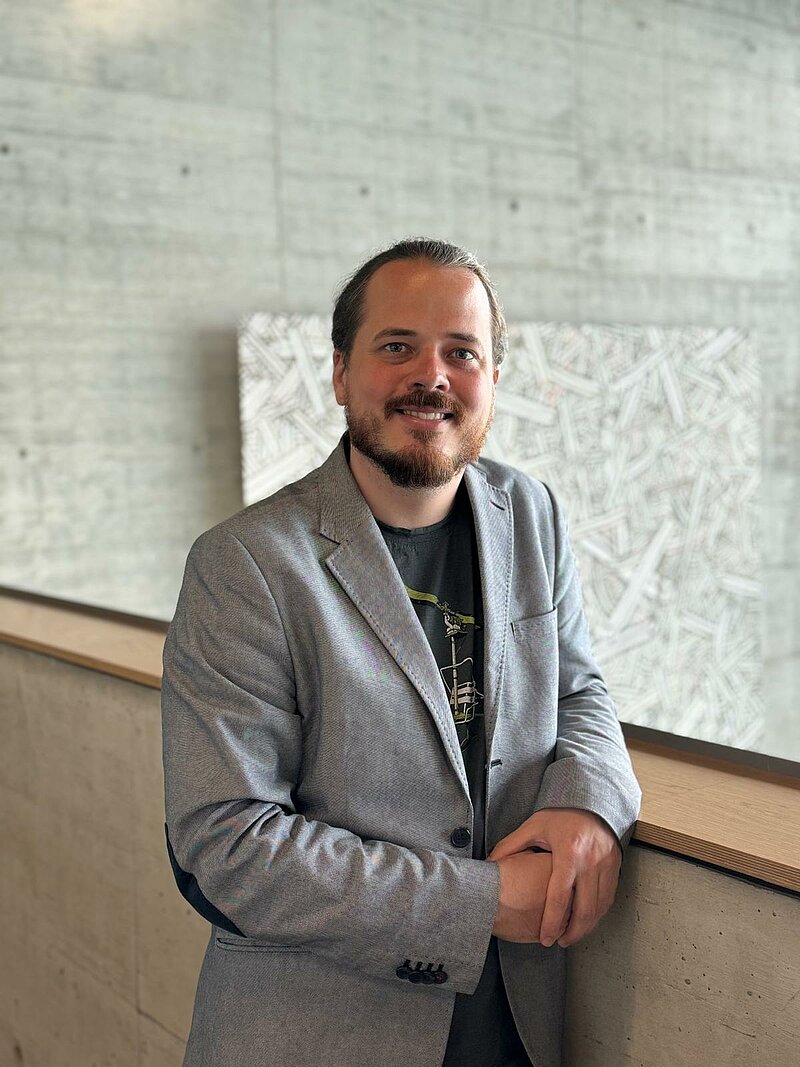Michael Riedl, a researcher from the Brugués lab at the Cluster of Excellence Physics of Life (PoL), has been recognised with the esteemed Human Frontier Science Program (HFSP) fellowship, a highly prestigious award for postdoctoral scientists.
This year for the HFSP, 59 highly motivated fellows were selected from 28 countries from a highly competitive pool of applicants. Since the program began in 1989, researchers from over 70 countries have received support for their research. Not only this, but 29 awardees of the HFSP have gone on to win the Nobel Prize, highlighting the top quality research and scientists selected for the award. These fellowships last typically three years, and each awardee will receive 200,000 US dollars to fund their research. The title of Michael’s project is “Mechano-Chemical Coupling in Cytoplasmic Flows: The competition between Self-Organization and Chaos”.
Delving into the the mechanisms governing embryonic development, Michael's research focuses on a key event occurring prior to cell divisons: cytoplasmic partioning. Through partitioning of the cytoplasm, a process driven by the microtubules, redistribution of cellular components is triggered around the cell. “Maintaining spatial order is essential, and relies on the cytoplasm’s ability for self-organization”, according to Michael. However, the emergence of chaotic dynamics poses a significant challenge, as these may manifest during cytoplasmic flows and potentially in the underlying chemical oscillators. His research will explore whether reducing the size of the system will mitigate chaotic behaviour, and attempt to answer an intriguing question: does cellularization (as opposed to syncytial development) serve as a strategic maneuver to circumvent chaos?
On behalf of the PoL community, we want say a massive congratulations to Michael!
-----
For more details on the 2024 HSFP Fellowships, please read the official announcement on their website.
